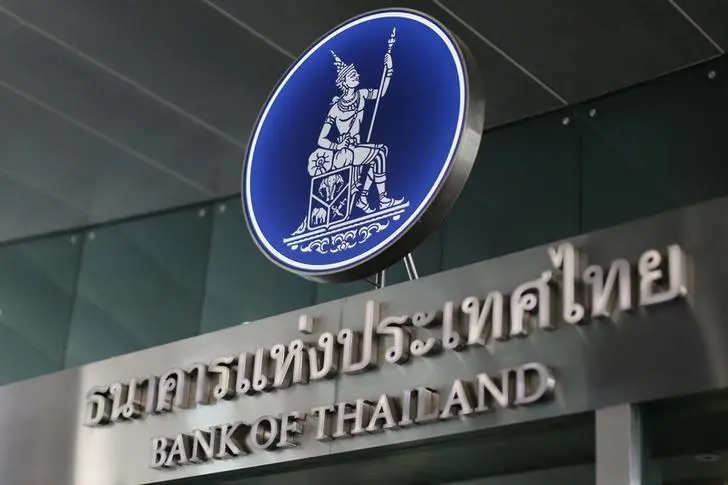Thailand's economy is still seen growing at 3.6% this year, driven by tourism and domestic consumption, the central bank chief said on Monday, in spite of turbulence in the first half of the year and global financial uncertainty.
As the country's economic recovery remains intact, there is little need for stimulus measures, and fiscal and monetary policies should be normalised for stability as inflation risks persist, Bank of Thailand (BOT) Governor Sethaput Suthiwartnarueput said.
The BOT's projected growth this year is close to the country's long-term growth potential of about 4%, he told reporters.
But in the first half, the BOT expects the economy to grow 2.9% from a year earlier, with exports seen down 7.1% year-on-year, he said.
Growth is projected to accelerate to 4.3% year-on-year in the second half of the year, when exports should rebound 4.2%, Sethaput said.
Recovery of Southeast Asia's second-largest economy has lagged some of its regional peers but a rebound in tourism is expected to give growth a boost.
Sethaput said the BOT expected 28 million foreign tourist arrivals this year, compared with nearly 40 million in pre-pandemic 2019.
Headline inflation, which cooled to 2.83% in March, is expected at 3.3% in first half and 2.5% in the second half of 2023, he said.
While last month's headline inflation returned to within the BOT's target range of 1% to 3%, Sethaput said inflation risks remained and needed monitoring.
The BOT last month raised its benchmark rate by a quarter point to 1.75% to curb price pressures. It will next review the rate on May 31, when economists expect a further rate hike.
Sethaput said baht volatility was higher than regional peers, driven by external factors, but its levels remained moderate compared with others.
The BOT will support more use of the yuan for trade and plan to meet with China's central bank next month, he said.
Sethaput also said the BOT expected to issue rules on virtual banks in the third quarter of this year, delayed from the second quarter.










